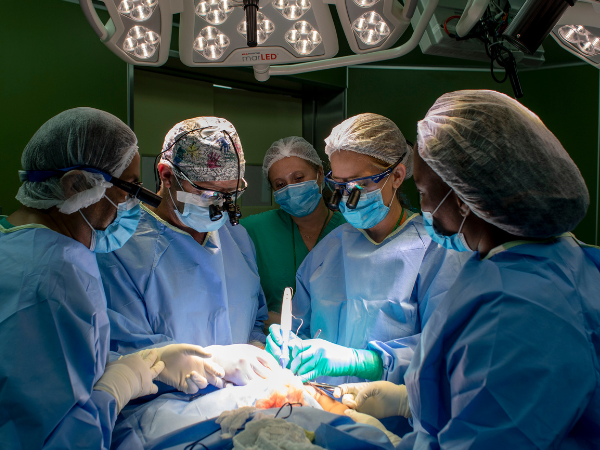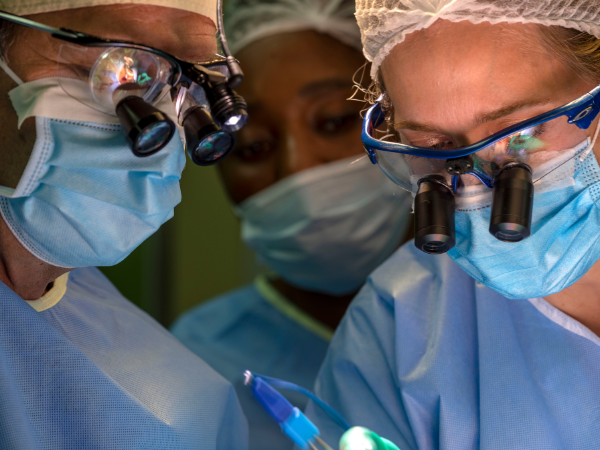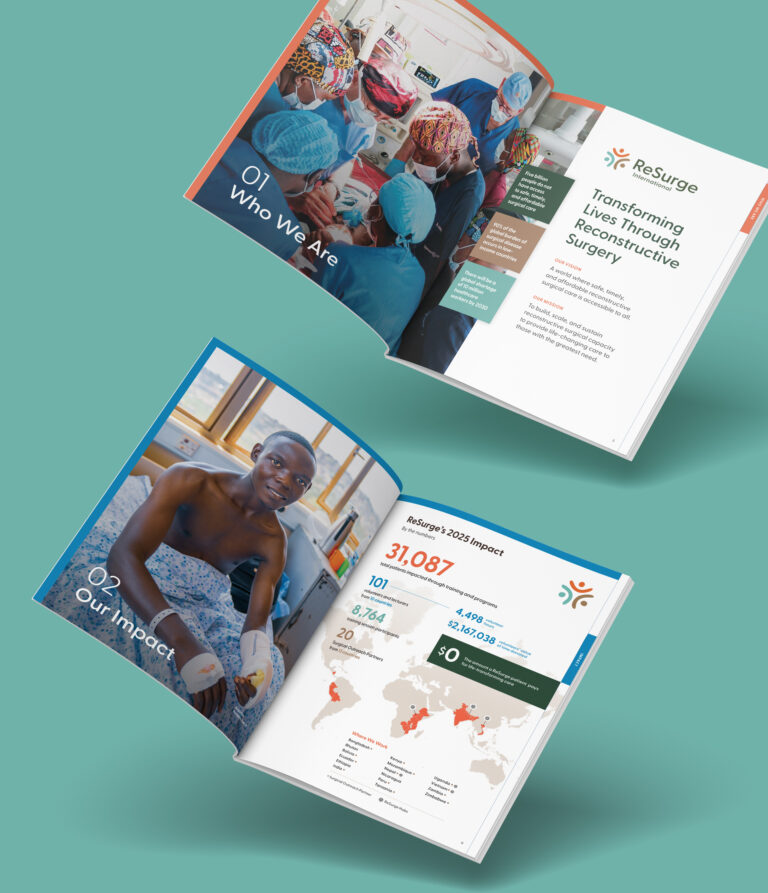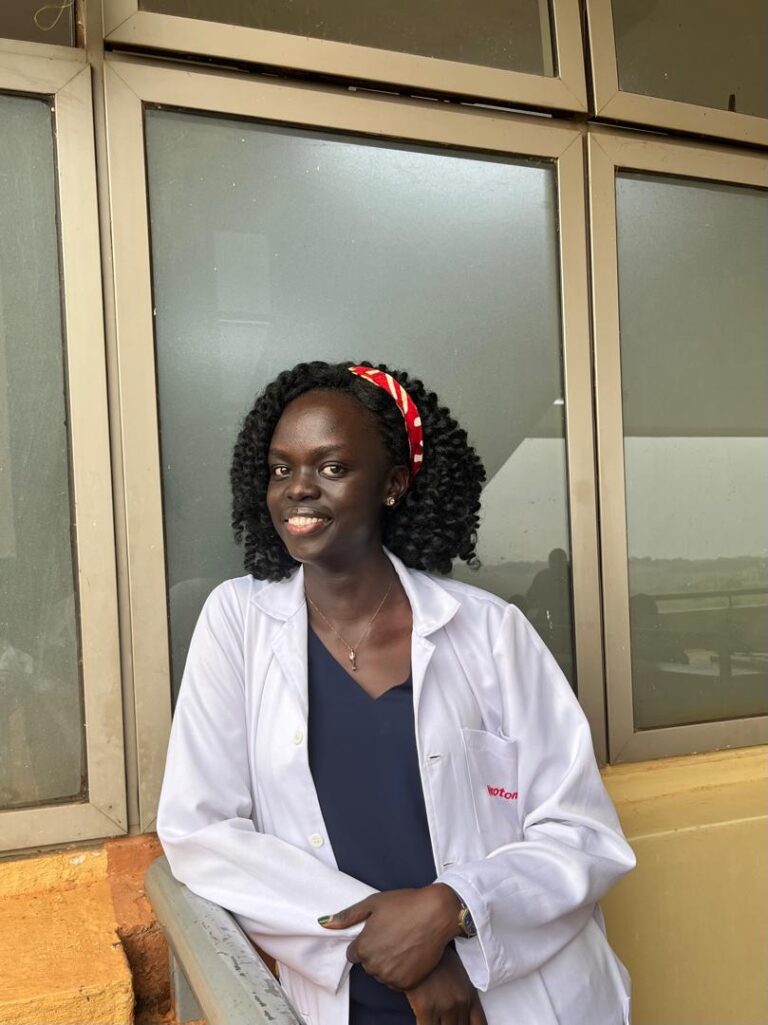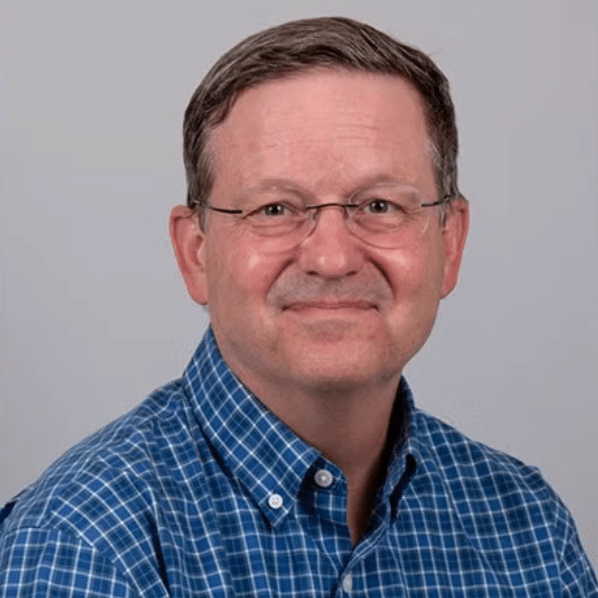ReSurge International was one of the first organizations of our kind to swiftly transition into virtual training during the Covid-19 pandemic. Despite having to cancel all in-person programming, we built a robust virtual education program that allowed us to connect with even more trainees than we ever could have reached with an in-person-only approach. When it comes to surgical training, however, hands-on learning is essential. So when travel bans started to lift this past year, we were faced with an opportunity to take what we learned from our pandemic experience — in combination with our over 50 years of experience — to build a hybrid approach to our work. This new approach, the Surgical Training Team Trip “ST3”, allows us to still prioritize hands-on learning while continuing to put our local partners up front, reduce our carbon footprint by traveling with smaller teams and fewer supplies, and provide better and more holistic patient care.
In the Spring of 2022, we kicked off the ST3 model with trips to Nepal, Zimbabwe, Uganda, and Bolivia. With this new approach, we will typically travel with the full complement of the surgical team: a surgeon, anesthesiologist, pediatrician, occupational therapist, nurse and other support roles as necessary to meet and train with local counterparts. Before the trip, the entire team will meet virtually for a series of patient pre-screenings. These sessions give our medical volunteers an indication of the types of cases they will encounter so they can prepare materials for presentations and hit the ground running. Through the virtual work, clinical teams can also start to get to know each other. They discuss subjects of interest, identifying educational resources, such as clinical papers, that can be shared with the local team. All this pre-work helps round out the educational experience to make it even richer.
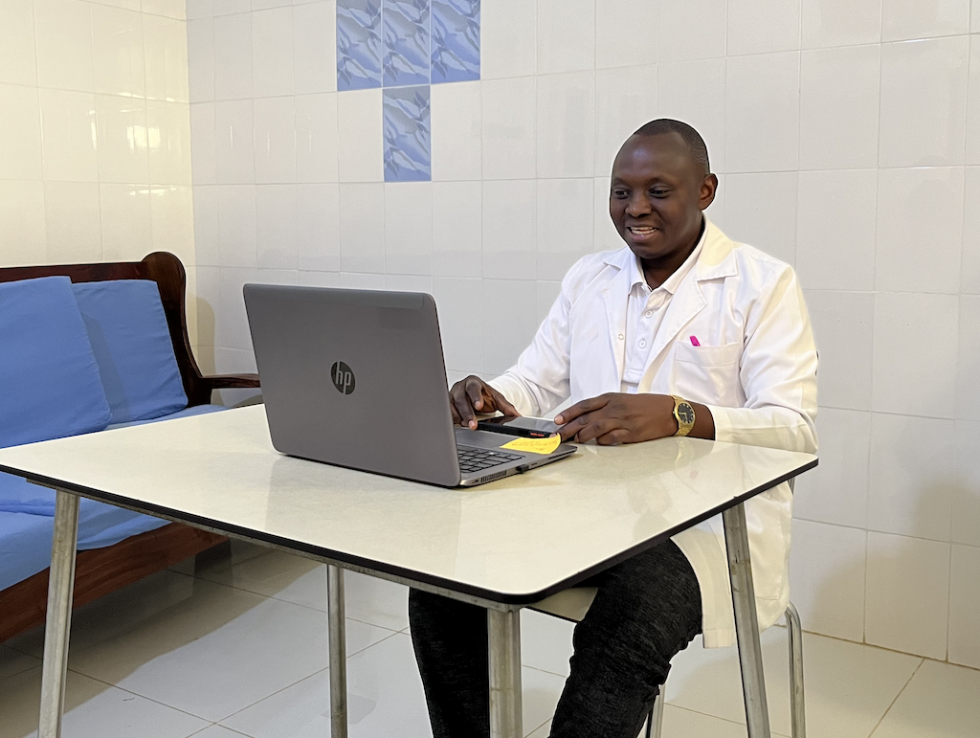
Once the medical volunteers arrive in the host country, we we will do around 15 teaching cases throughout the week, with a focus on providing intensive training and supporting the local team with the most complex cases. Local partners direct the experience, and identify cases for which they don’t have the capacity – yet – to address. In this way, the local team can use what they learn to care for more of these complex cases on their own going forward.
Another way our approach has changed: we no longer bring cumbersome equipment with us on these trips. Logistically, this wasn’t really an option. Anyone who has traveled internationally in the past two years understands the level of uncertainty that comes with simply getting yourself from point A to point B, let alone ensuring your baggage makes the trip. We made the decision to use local equipment and supplies and are only traveling with an emergency kit for absolutely essential items. This also makes sense from a capacity building perspective. By teaching on the equipment our partners already have onsite, we know they will have a far better chance of replicating what they’ve learned long after we’ve left.
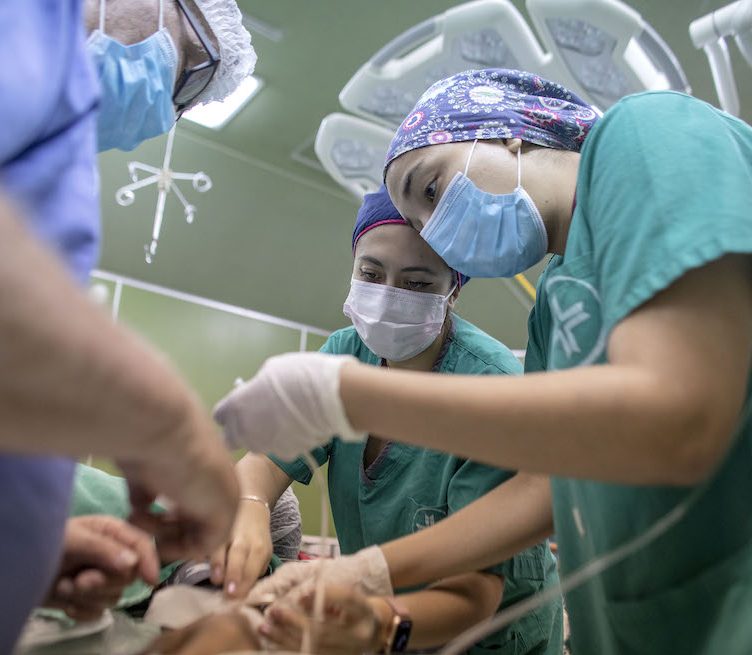
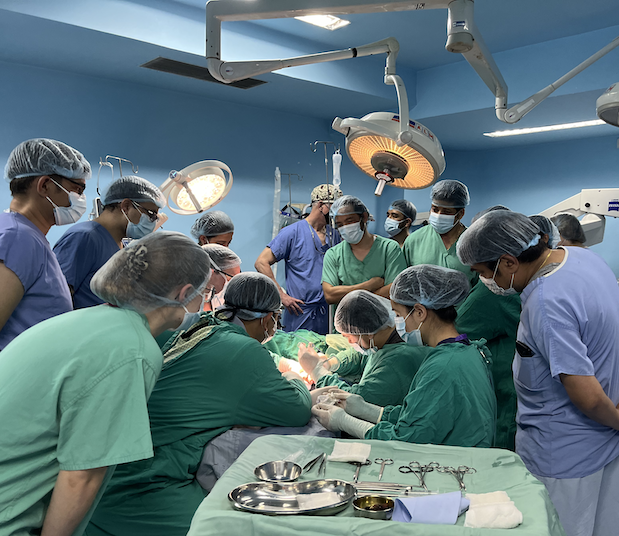
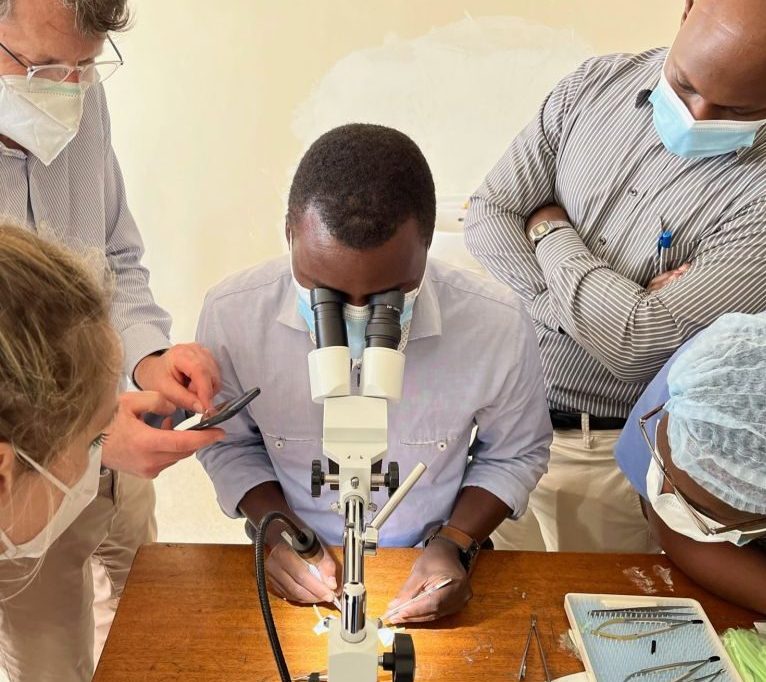
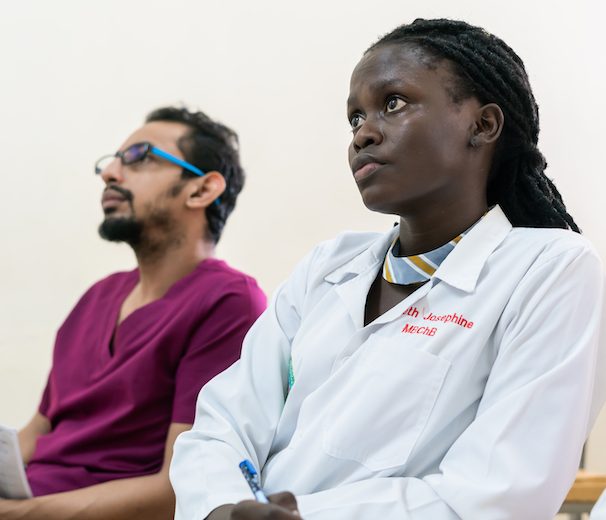
Finally, several weeks after the volunteer teams return to the U.S, they reconvene with the local partners, virtually, for patient follow up. How has physical therapy helped post-surgery? Do they, perhaps, need another surgery or more physical therapy? How can ReSurge best support the local partner and our patients going forward?
To date, we have conducted several trips using this model including long-term sites such as Nepal and Bolivia and sites we are newer to such as Zimbabwe. Everyone – partners and volunteers alike – are extremely pleased. Though we had access to the same tools in the past, it took a global pandemic to realize how they could be used in combination with our traditional model to increase capacity building and improve care.
“My experience on the trip with ReSurge to Bolivia was amazing and I will never forget it. I am forever grateful for the chance to be involved. The patients and their families, the staff, and the students at the hospital were so welcoming and appreciative of our help and expertise. My involvement both in the OR as well as with the teams pre and post-operatively allowed me to expand the impact we could have teaching such specialized procedures. I will remember the teamwork, the feeling of a shared mission, and the satisfaction it gave me to know that in such a short time we were able to not only impact the lives of the patients we cared for that week, but also in educating the Bolivian team. I am hopeful that the specialty care will continue on by those we trained and educated.”
Julie West, ReSurge Medical Volunteer
